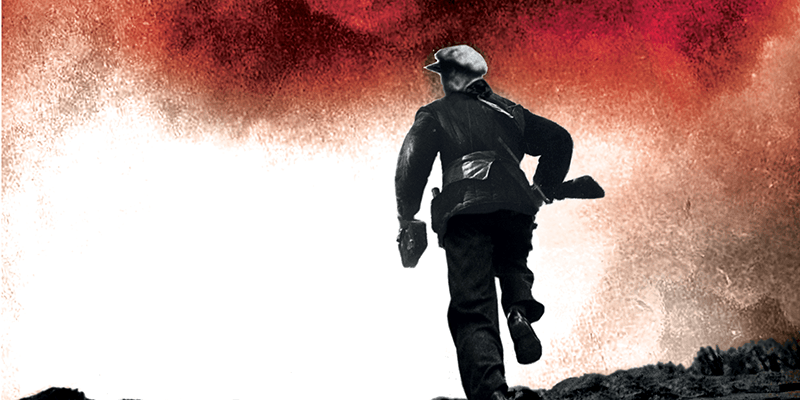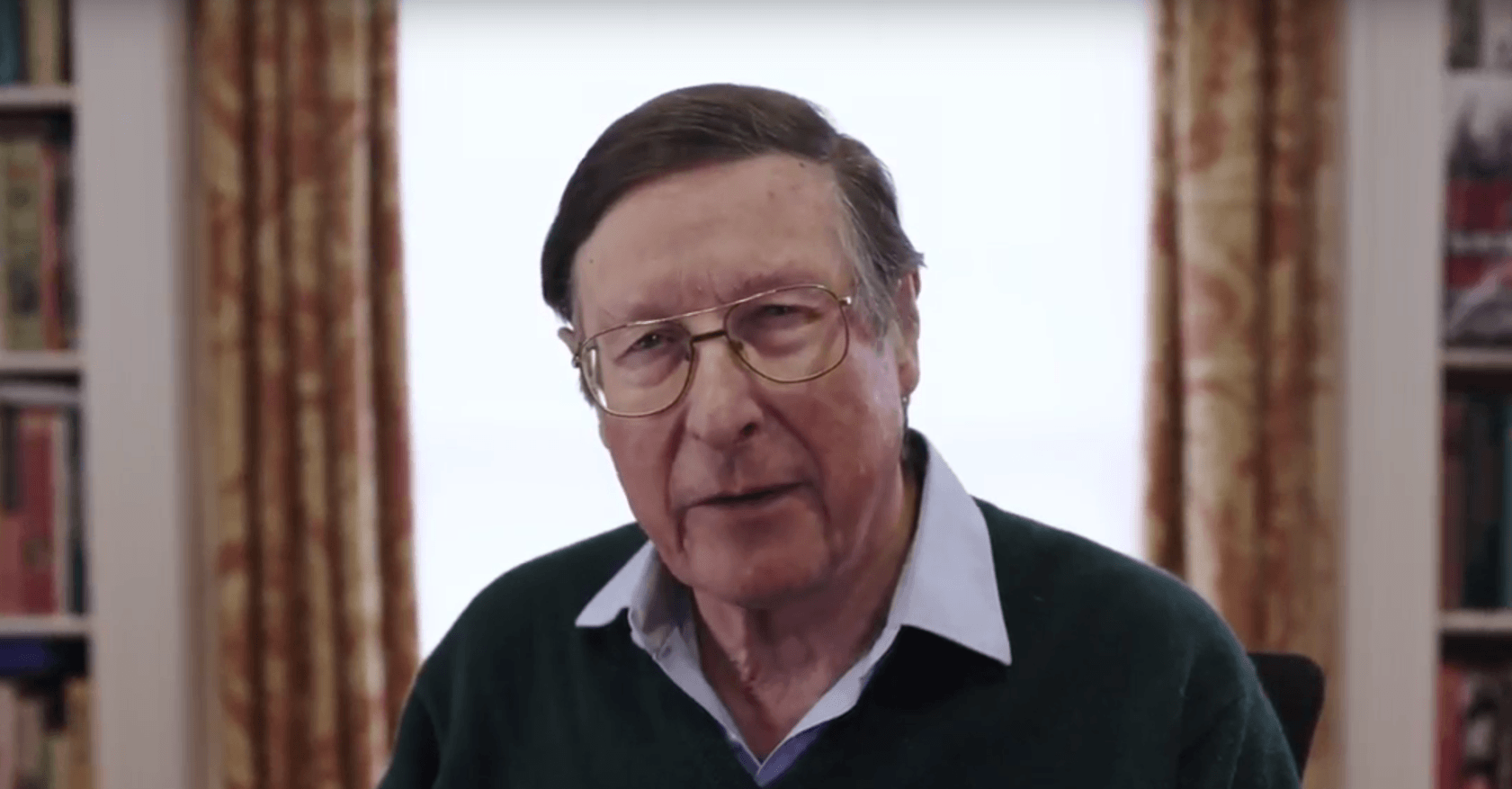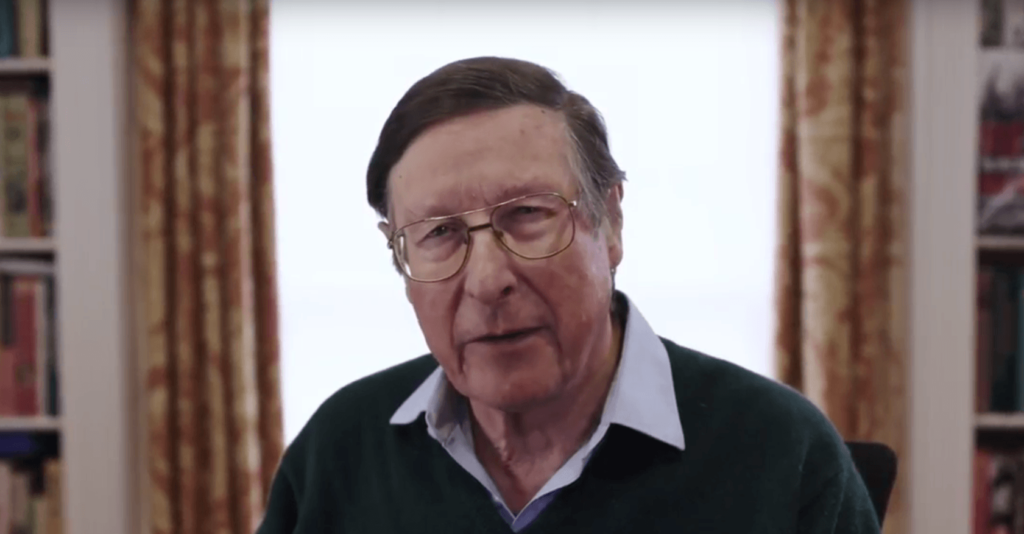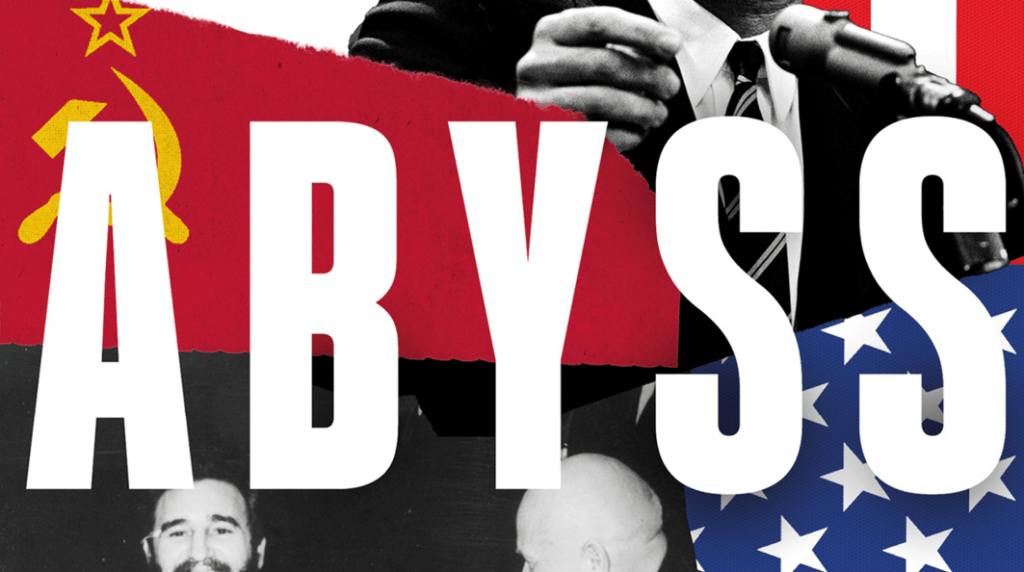Spying is a branch of philosophy, although you would never guess it from that expression on Daniel Craig’s face. Its adepts interrogate the surface of reality – people, landscapes, texts – knowing that they will discover extraordinary hermetic meanings. They study fragments of documents, whispers of messages, and from these, they summon entire worlds. Possibly one of the reasons Max Hastings cannot pretend to be hugely impressed by the boasts of wartime spies is the philosophical nebulousness of what constitutes ‘results’ in secret-agent speak. Soldiers fight, shoulder to shoulder; battles are clearly lost and won. But those who work in the shadows – and in The Secret War, Hastings turns the spotlight on spies in every continent – are frequently ungovernable individualists whose efforts are more difficult to quantify.
Not that he has devoted 600 pages to being dismissive of every Special Operations Executive plot to set Europe ablaze, or code-breaking triumph, or brave infiltration, or double-agent deception. He writes of Hugh Trevor-Roper’s native cipher skill, of Soviet 007 Richard Sorge, and of unsung Bletchley boffins like Bill Tutte with proper and infectious relish. The brilliance of the D-Day Double Cross deception – making the Germans look the wrong way as Operation Overlord began – is duly acknowledged. But for every formidably brave spy providing ‘human intelligence’ by scouting out enemy territory and personnel, he also provides a magnificent parade of crooks, alcoholics and fantasists such as Ronald Seth (his codename: ‘Blunderhead’).
And the agents’ controllers are not beyond criticism. Hastings quotes the ninth Duke of Buccleuch, who was fag at Eton to Brigadier Stewart Menzies, wartime head of MI6. The Duke was mystified, he told a friend, ‘how so unbelievably stupid a man could have ended up in such a position’.
Yet it was under Menzies that the Bletchley codebreakers were allowed their free-range anarchy; and the barking civilians who brought divine inspiration were gathered together on one estate. Part of the reason their German counterparts flopped was that their geniuses were spread out among too many departments, subject to the vicious in-fighting of a vicious dictatorship. And their failure was as nothing to the Abwehr chief Admiral Canaris, who seems – in all his serial misreading of intelligence – to have been marginally less competent than Herr Flick from ‘Allo ‘Allo.
What makes a secret agent effective? The courageous exploits of Britain’s SOE – parachuting agents into Greece, Yugoslavia, Sicily – did not, Hastings concludes regretfully, make the gigantic impact that their excitable publicity suggested. Yet he shrewdly adds that their work in boosting morale was invaluable – and that was actually far more important.
He has drawn fascinating fresh material from Russian archives; the terrifying business of spying for Stalin is given a rich human depth. Even when Stalin received brilliantly accurate intelligence (for instance, clear indications in 1941 that the Germans were about to attack), his manic paranoia made him mistrustful and unwilling to act. Hastings has also delved deep into the US effort; the exhaustion of genius naval codebreakers in a basement called ‘the Dungeon’ who broke Japanese ciphers and foresaw the 1942 Battle of Midway. But elsewhere, the Americans were frighteningly lax about security; there was casual blabbing all over Washington. This is a book that pulses along, yet is filled with acute insight into human ingenuity, frailty, and the ironies of evil; the author points out that the German cipher-crackers might have done much better if – like the British – they had used the finest Jewish minds.




